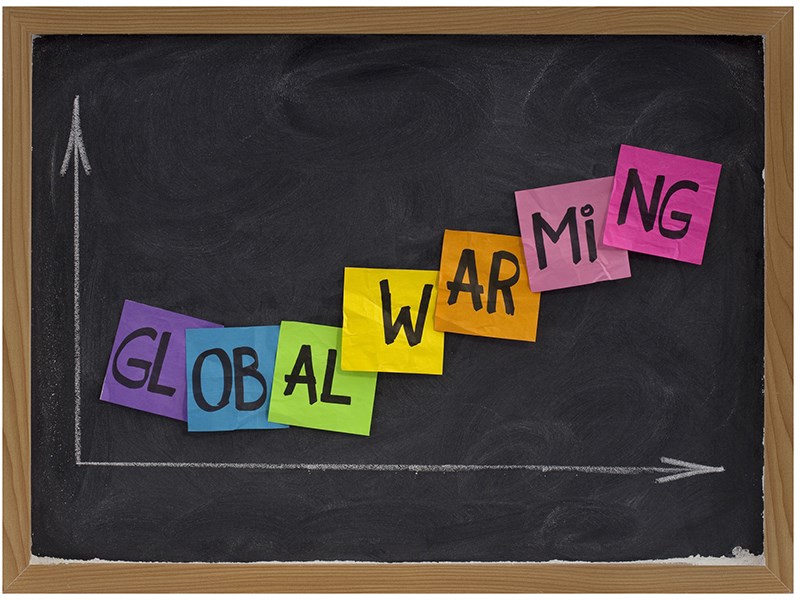The successful management of life's little, and big, sources of stress is primary to maintenance of good mental hygiene.
Constant financial concerns and relationship worries often take a lot of work and energy to keep on a healthy path. Recently added to the list of potentially stressful things in life, such as preparing for the big dinner party with the visiting in-laws or managing meager funds to avoid being broke at the end of the month, is the looming climate change-induced apocalypse and its potential catastrophic effects on humanity.
As if there wasn’t already enough challenges in managing our mental health.
Like a gigantic, melting iceberg creaking into our collective consciousness, eco-anxiety is a real thing and becoming a source of daily stress to be managed.
Although the term is not yet used by professionals in the field of psychiatry when diagnosing mental disorders, the American Psychological Association did produce a report in 2017 that details the impact of climate change on mental health. There is a reference to “eco-anxiety” described as “a chronic fear of environmental doom.”
As the science accumulates and impacts of climate change unfold, eco-anxiety is the feeling of helplessness and frustration that, as one person in billions, we cannot make a difference in the dire situation.
Our planet is under threat and the science is telling us habits, on a global business scale, down to individuals, have to change. A level of eco-anxiety might be an appropriate reaction to the scale of the problem.
Like other threats to living a mindful and fulfilling life, there are steps, or actions, we can take to counteract the effects of eco-anxiety.
A first step in reasserting control of your feelings of powerlessness with the global problem is, ironically, based in totally local actions. Choosing to buy locally grown food and making climate change a factor in how we eat and shop can help gain a sense of empowerment and control over the situation.
Talking about climate change, encouraging friends and family to pressure political and business leaders to make choices that are friendly to the environment will lessen eco-anxiety.
Volunteering for a political party that shares your values around the urgency of environmental concerns and climate change would be a therapeutic and empowering action.
A general feeling of powerlessness would be uprooted and replaced when you feel part of the larger shift away from the transgenerational habits and ways of thinking that have led us to the edge of this global disaster.
With the right actions, feelings of optimism and control are attainable during these days of climate change and eco-anxiety.
Robert Skender is a qathet region freelance writer and health commentator.



